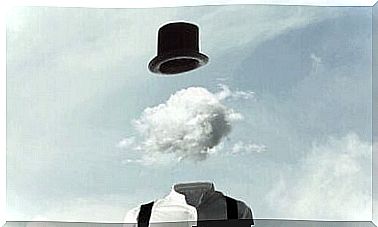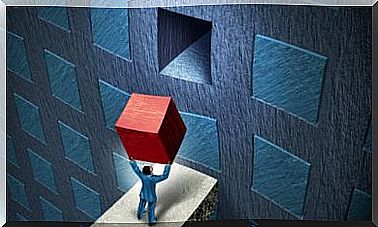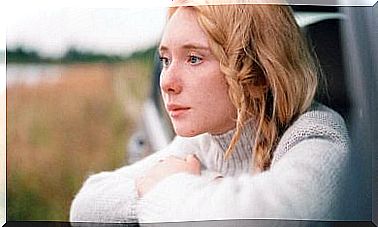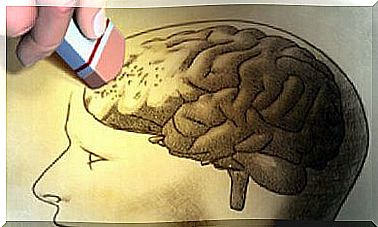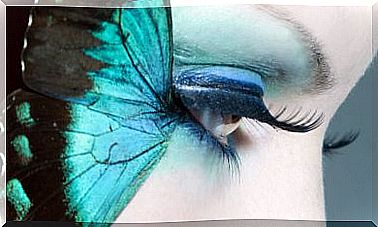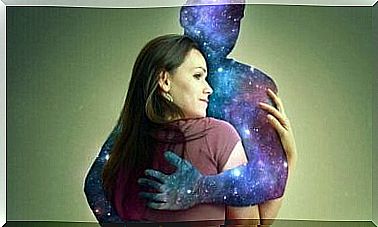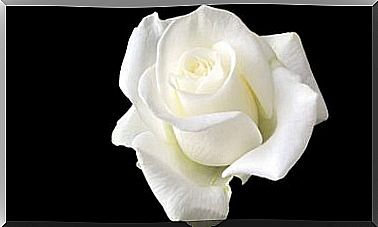Washing Hands Does Not Clear Conscience

According to the Gospels, Pontius Pilate left the sentence that would mark the fate of Jesus’ life in the hands of the people. In doing so, he aimed to relinquish any kind of responsibility for what happened. Washing his hands kept him away from the consequences of the choice and from any interest in the situation.
This expression, transmitted over time, is part of our everyday language and is usually used with a negative bias: “I wash my hands” or, with the same meaning, “I deny any responsibility for what may happen”. As we know, this is used above all when someone is aware that there is great pressure to choose an alternative in front of the countless others that exist behind a decision.
That’s why it’s a bothersome decision: because hand washing is an act of cowardice that drops the full weight of a situation onto the shoulders of others. However, sooner or later the consequences will come: it is likely to lighten the load, but it will only be a momentary relief as conscience becomes heavy and behavior tarnished.
It’s easier to avoid the responsibilities than the consequences
All decisions need someone to answer for them, otherwise it is very complicated for them to be taken responsibly and ethically. This is something to keep in mind, as when we are faced with a complicated situation, there may be a temptation to share the weight of the decision that we don’t like.

In these cases, common in the family and at work, what happens is that there is always someone who runs away from decisions, avoids looking for solutions or facing bad times: this requires less effort and is simpler. However, this person forgets that, by action or omission, he is in the problem and the consequences eventually arrive.
In other words, showing disinterest in something you are responsible for does not free you from it and can end up making you sleepy: conscience is a valuable judge that analyzes behavior and determines its own sentences.
a scientific experiment
According to the daily ABC, studies reveal that washing hands (literally) after a conflict reduces discomfort and justifies the way to act: water seems to help with the feeling of guilt and remorse. The University of Michigan conducted a test to prove this theory.
What they did was give a set of CDs to a group of people, asking them to order ten based on their preferences. Then they were told that they would have to choose between the CD they had placed in fifth or sixth position. Then half of the participants washed their hands with soap and the other half only examined a soap container. When they were done, the groups had to reorder the CDs.
Those who had rinsed their hands in the water maintained their initial order of CDs, while those who did not placed the CD they had chosen among the first and the one they had discarded among the last.
The researchers found that those people who washed their hands did not feel the need to justify the decision they had made regarding the CDs, however, those who did not wash their hands reordered the CDs as they felt the need to justify their decision. They placed the one they had chosen in a position far superior to the one they had discarded.
Washing your hands is not having them clean
In the same sense as the experiment, it is possible to find the use of water in religious environments: a symbol of purification of the soul that helps to redeem oneself from sins. So it is likely that Pontius Pilate’s expression refers not only to the act of evading responsibilities, but also to lessening remorse.
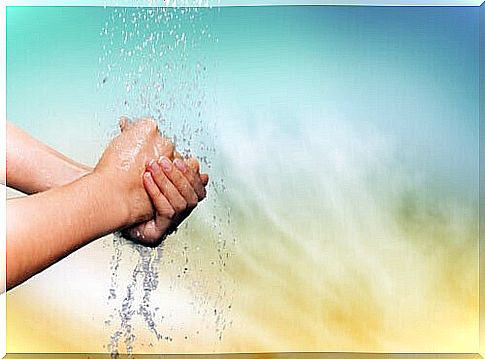
However, in practice, washing hands doesn’t always clean them: we’ve all made the mistake of wanting to distance ourselves from something, even for the simple reason that it was tearing us apart. What is certain is that, later, this decision came with us as a problem with which we had to struggle.
In fact, having a bad conscience is like having a bad friend you can’t get rid of. Ethical morality makes us realize that we do not act in the best way and does not let us rest until we regain our inner peace. Conscience, when it weighs, teaches us to grow with mistakes, to be more solidary and to renew our own values.
